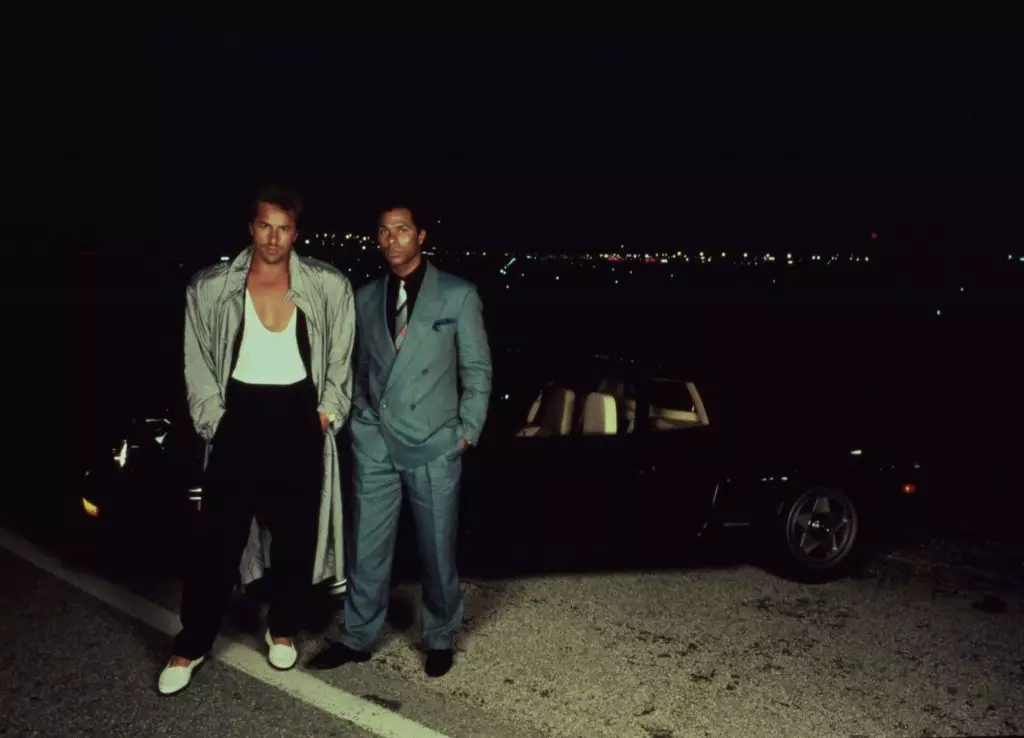The announcement of a new Miami Vice film, scheduled for 2027, sparks both intrigue and skepticism. While studios often chase nostalgia, the risk lies in whether this remake can capture the essence of the iconic 1980s cult classic or simply become another soulless rehash. Universal’s choice to shoot in IMAX and cast promising talents signals ambition, yet it also raises questions about whether they truly understand the cultural weight of the original series. Reboots have a notorious reputation for failing to match the magic of their originals, especially when driven purely by commercial motives rather than artistic intent.
The 80s show was a defining cultural phenomenon, blending style, music, and gritty crime stories into a package that resonated with its era. But nostalgia alone isn’t enough — shifting audience sensibilities and a saturated Hollywood market demand fresh storytelling rather than recycled visuals. If the film leans too heavily on re-creating the past without innovating, it risks alienating both old fans and new viewers who seek depth and relevance in today’s context.
Hollywood’s Reluctance to Innovate
There is an ongoing tendency among Hollywood’s studios to lean on tried-and-true brands, engaging in predictable remakes instead of pursuing original storytelling. The decision to revisit Miami Vice, which already had a lukewarm reception in its 2006 feature adaptation, exemplifies this pattern. That film, starring Colin Farrell and Jamie Foxx, grossed nearly $164 million worldwide but failed to ignite a new franchise or revival of interest.
This persistent reliance on franchise reboots reflects a broader industry issue: a reluctance to take risks. As the market becomes increasingly volatile with streaming platforms and shifting consumer attention, studios prefer safe bets to pad their revenues rather than invest in innovative narratives. The allure of a glossy, action-packed Miami Vice movie tailored for contemporary audiences might sound appealing on paper, but the real challenge lies in delivering a story that can elevate the material beyond superficial nostalgia.
Is There Hope for Authenticity?
While skepticism is warranted, there are reasons to remain cautiously optimistic. Joseph Kosinski, known for his work on Top Gun: Maverick and F1 ambitions, has demonstrated an ability to craft high-octane, visually stunning narratives. His expertise suggests that if he emphasizes storytelling with style—rather than relying solely on visual spectacle—the film could carve out its own identity.
Furthermore, revisiting a story set in the glamorous yet corrupt Miami of the 1980s offers fertile ground for contemporary social commentary. If handled with nuance, this remake could explore themes like systemic corruption, identity, and the excesses of the era, resonating with a modern audience hungry for meaningful narratives under the guise of stylish crime thrillers.
Ultimately, the franchise’s survival hinges on whether the filmmakers dare to break free from the shackles of nostalgia and focus on genuine storytelling. A successful Miami Vice film would do more than imitate its predecessor; it would redefine what it means to revisit the past in the era of relentless franchise fatigue. However, history casts doubt on Hollywood’s ability, without some degree of humility or risk-taking, to strike this delicate balance.

